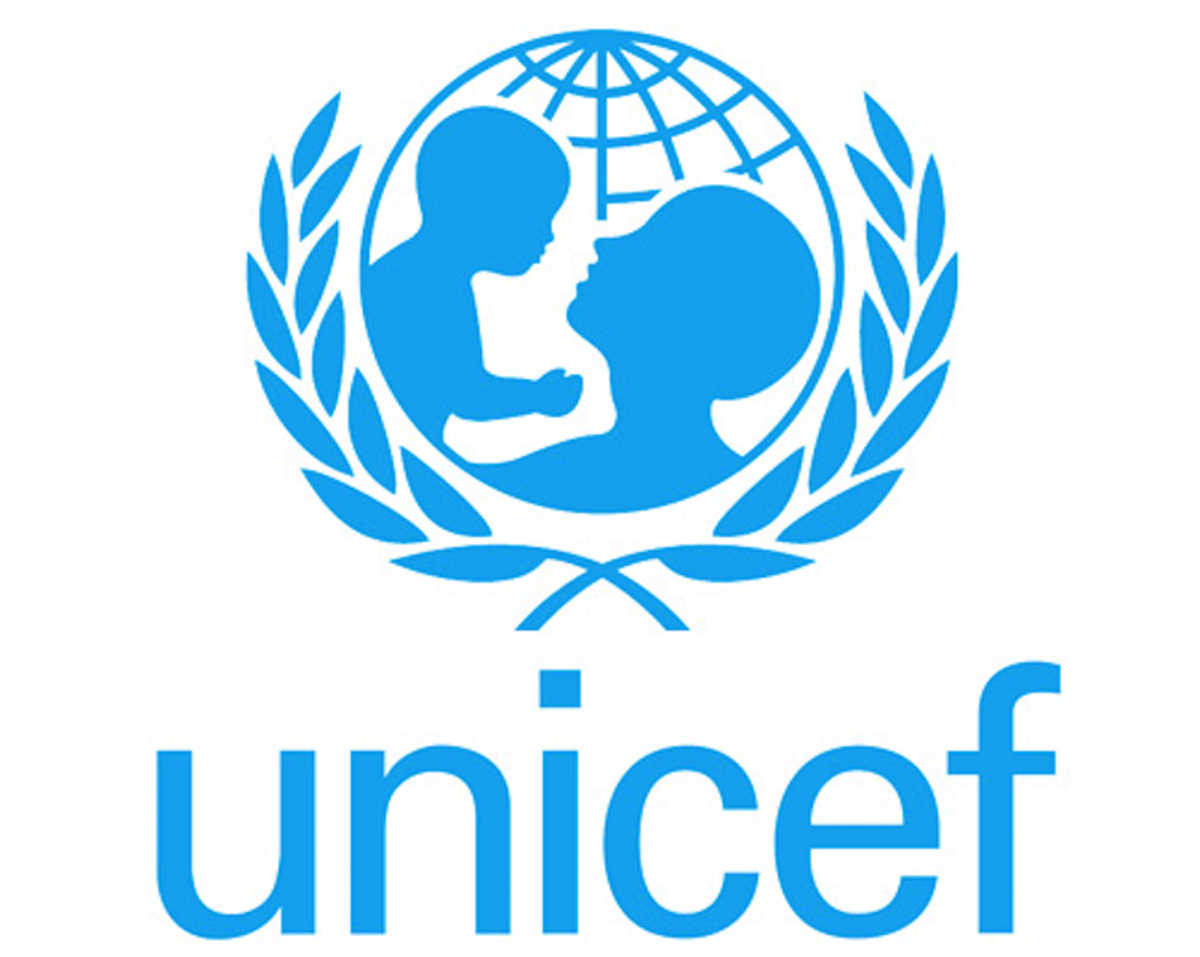The United Nations Children’s Fund (UNICEF) has said that it delivered three million bottles of Multiple Micronutrient Supplements (MMS) in 2024 through the Child Nutrition Fund (CNF) to improve maternal health in Nigeria.
The organisation also said an additional three million bottles are expected in 2025 to further expand efforts to combat maternal malnutrition and improve pregnancy outcomes.
However, UNICEF noted that Nigeria records approximately 12 million pregnancies annually, highlighting the need for greater investment and expansion of MMS coverage to reach more expectant mothers.
Nigeria has one of the highest maternal mortality rates in the world, with 1,047 deaths per 100,000 live births. Many newborns are also born prematurely or with low birth weight, putting them at an increased risk of complications or death.
UNICEF, in a statement on Tuesday, identified widespread micronutrient deficiencies among pregnant women as a key contributor to poor maternal and child health in the country.
Findings from the 2024 National Food Consumption and Micronutrient Survey revealed that many Nigerian women suffer from deficiencies in essential nutrients such as iron, zinc, Vitamin A, and folate, which are critical for a healthy pregnancy and child development.
The organisation noted that addressing these deficiencies through MMS supplementation is vital to reducing maternal mortality and improving neonatal health outcomes.
It explained that the three million MMS bottles delivered in 2024 were donated by the Kirk Humanitarian Foundation and distributed during the second round of the Maternal, Newborn, and Child Health Week (MNCHW). It added that in 2025, another three million bottles, also donated by Kirk Humanitarian, will be distributed to further expand coverage.
UNICEF Representative in Nigeria, Christian Munduate, said, “Ensuring that pregnant women receive the necessary micronutrients is a vital step in reducing maternal mortality and improving child health.”
However, with only a fraction of the country’s pregnant women currently receiving MMS, UNICEF and its partners stress the urgent need for increased government investment. The CNF offers a unique 1:1 match fund mechanism, enabling federal and state governments to co-finance MMS procurement and expand access across the country.
Coordinating Minister of Health and Social Welfare, Prof. Ali Pate, said, “Nigeria is taking decisive steps to address maternal nutrition challenges. The inclusion of MMS in our Essential Medicines List and investments in local production are key milestones in ensuring sustainable access. The government remains committed to expanding this initiative to reach every pregnant woman in need.”
Beyond government efforts, global partners remain invested in scaling up MMS availability.
“We are proud to be part of this collaborative effort to improve maternal and child health in Nigeria,” said Founder of Kirk Humanitarian, Spencer Kirk.
“Providing MMS at scale is one of the most impactful ways to support healthy pregnancies and ensure better outcomes for mothers and babies. Our goal is to continue working with partners to expand this initiative further,” he added.
The Child Nutrition Fund, managed by UNICEF, is backed by a coalition of global partners, including the Children’s Investment Fund Foundation, the Foreign Commonwealth and Development Office, the Gates Foundation, and Kirk Humanitarian. This financing model aims to ensure that more pregnant women receive essential micronutrients, leading to healthier pregnancies and improved birth outcomes.
As Nigeria moves to expand MMS distribution and local production, UNICEF and its partners emphasise the need for sustained funding, increased awareness, and stronger healthcare systems to ensure that every pregnant woman has access to the vital nutrients needed for a safe and healthy pregnancy.
